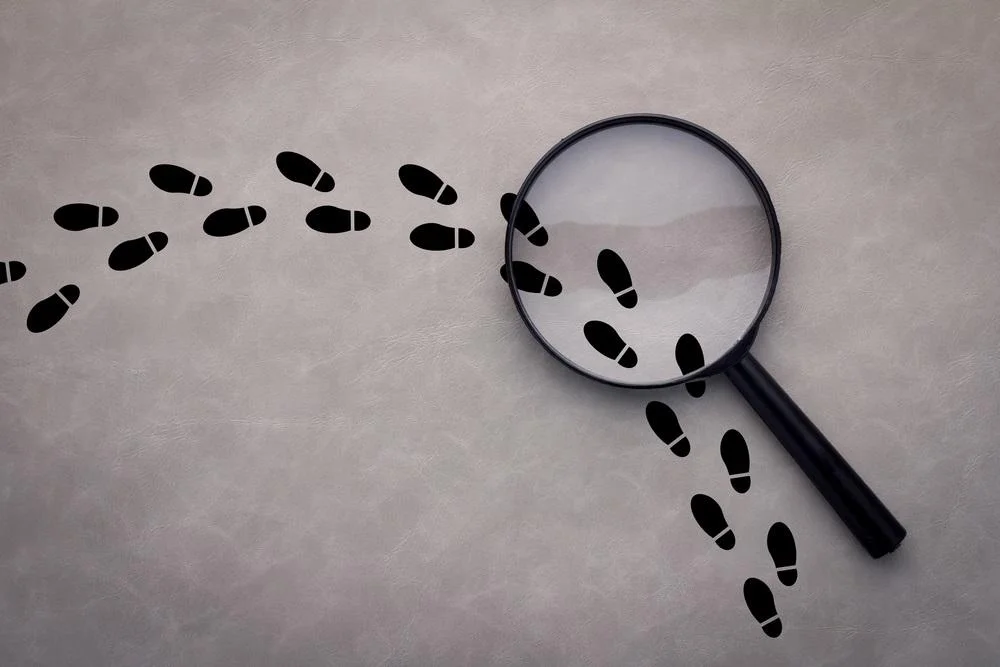
Investigative Expertise: What You Need to Know About Hiring a Private Detective
In a world where mysteries abound and secrets lurk in the shadows, the role of private detectives has become increasingly significant. Whether it’s uncovering the truth behind suspected infidelity, delving into corporate misconduct, or locating missing persons, their expertise often proves invaluable.
Hiring a private detective isn’t just about solving crimes like in the movies; it’s about accessing a specialized skill set that can provide clarity, closure, and justice. In this blog post, we’ll explore the ins and outs of hiring a private detective, offering insights into their roles, qualifications, legal considerations, and more.
Role clarification: Understanding the duties and limitations of private detectives

Contrary to the glamorous portrayals in popular media, private detectives primarily engage in discreet and methodical investigations. Their duties encompass surveillance, evidence collection, background checks, and interviewing relevant parties. While they play an essential role in uncovering information, it’s essential to acknowledge their limitations.
Private detectives don’t possess the same authority as law enforcement officers, and their actions must adhere to legal boundaries. Collaborating with law enforcement when necessary and respecting personal privacy are cornerstones of their profession. If you want to become one of them, read here.
Qualifications: Key skills and background necessary for effective investigation
The realm of private investigation demands a diverse skill set. Effective detectives possess strong analytical thinking, attention to detail, and excellent communication skills. A background in law enforcement, criminal justice, or related fields can be beneficial, but a deep curiosity, resourcefulness, and adaptability are just as crucial.
Modern investigative work often involves harnessing technology, necessitating proficiency in digital tools, data analysis, and surveillance techniques. Continuous learning is imperative in a field that evolves alongside advancements in technology and the shifting landscapes of crime.
Legal considerations: Navigating ethical and legal boundaries during investigations

While uncovering hidden truths, private detectives must remain firmly within legal and ethical bounds. Gathering evidence unlawfully can jeopardize the credibility of their findings and lead to legal repercussions. Familiarity with local, state, and federal laws is essential to ensure that their investigative techniques align with legal requirements. Ethical considerations are equally crucial; maintaining a commitment to honesty, integrity, and respect for individual rights is vital for building a reputation of trustworthiness.
Case assessment: Determining if hiring a private detective is warranted
Before enlisting the services of a private detective, it’s essential to assess whether their expertise is truly needed. Cases involving potential criminal activity, suspicions of fraud, complex legal disputes, or missing persons are prime candidates for their involvement. Evaluating the situation’s gravity, potential outcomes, and available resources will aid in making an informed decision. Engaging in an initial consultation with a detective can help clarify whether their skills align with the nature of the case.
Hiring process: Steps for selecting a skilled and reliable detective
The process of hiring a private detective requires careful consideration. Start by researching reputable agencies or individual investigators with positive track records and verifiable credentials. During the consultation, discuss the specifics of the case and inquire about their approach, timeline, and estimated costs. Request references and follow up on them to gauge their past clients’ satisfaction. Remember, transparency and effective communication are indicators of a professional detective committed to achieving results.
Cost estimation: Factors influencing the budget for investigative services

Navigating the realm of private investigator cost involves understanding the intricate interplay of numerous factors. The complexity of the case, duration, resource requirements, and the investigator’s expertise intricately weave together to shape the financial aspect. While it’s undeniable that budget constraints are a prevailing reality, it’s equally imperative to place a premium on quality and reliability rather than fixating solely on the lowest price.
It’s worth noting that a seasoned and well-qualified detective might command higher fees, but these costs are an investment. They promise not only accurate findings but also uphold the ethical standards that ensure the integrity of the entire process.
Collaborative approach: How clients can contribute to the investigation process
The journey of unraveling mysteries isn’t solely the responsibility of the private detective. Clients hold a unique vantage point, armed with intimate knowledge and insights into the situation. A successful investigation often hinges on a collaborative alliance between the detective’s expertise and the client’s insider perspective.
By sharing pertinent information openly, providing context, and suggesting potential leads, clients become indispensable partners in the quest for truth. Their contribution can spark crucial breakthroughs, refine investigative strategies, and hasten the path to resolution. Effective communication, patience and a willingness to work hand in hand with the detective forge a dynamic synergy that enhances the chances of unveiling hidden secrets and achieving sought-after outcomes.
Tools and technology: Utilizing modern resources to enhance investigative outcomes

Modern investigative work is intertwined with cutting-edge technology. Surveillance equipment, computer forensics, social media analysis, and data mining tools empower detectives to uncover leads that were previously inaccessible. However, technology is a tool, not a replacement for human intuition and analytical skills. A balance between traditional investigative methods and innovative technologies is key to achieving comprehensive results.
Reporting and communication: Expectations for updates and findings dissemination
Effective communication forms the bedrock of a successful investigative journey. Clients rightfully anticipate a transparent and regular exchange of information regarding the progress and findings of the investigation. A dependable detective understands the significance of keeping clients informed about milestones achieved, challenges faced, and emerging insights.
Regular reports not only offer clients a clear understanding of the investigation’s trajectory but also provide an opportunity to provide feedback and refine the investigative approach. This two-way exchange builds trust and empowers clients to make informed decisions. A responsive detective who promptly addresses inquiries and concerns fosters a sense of collaboration, ensuring that clients remain engaged partners throughout the investigative process.
Conclusion
In a world filled with uncertainties, the expertise of private detectives shines as a beacon of clarity. Their ability to untangle webs of deceit, locate missing persons, and shed light on hidden truths is a testament to their invaluable skills. From their role clarification to qualifications, legal considerations, and collaborative approach, the world of private investigation is a complex yet necessary one.
By understanding the pivotal role of these experts and engaging in the hiring process thoughtfully, individuals can leverage investigative expertise to uncover answers, find closure, and restore justice.
